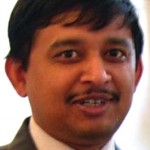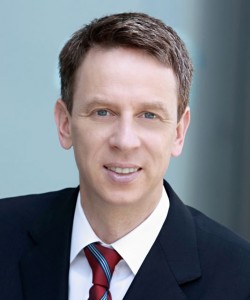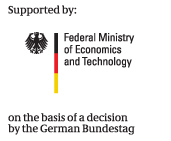News
Food for Thought: Greek Ghosts Haunting Pharma
Up to the end of 2010, pharma companies were able to set the price for innovative new medicine at will upon introduction to the German market. Under the new AMNOG law, however, the price is dependent on the degree of innovation, as assessed by G-BA (Federal Joint Committee). G-BA requires pharma and biotech companies to provide information on medical benefits and advantages as compared to existing medicines across all indications the drug is approved for, and statistics on the (sub)sets of patients who will benefit from the drug. In addition, they have to provide spending figures of the statutory healthcare system and need to explain how quality can be assured during treatment.
G-BA can mandate the Institute for Quality and Efficiency in Healthcare (IQWiG) with the assessment (to make matters more complex, IQWiG can assess drugs and treatments also without assignment by G-BA) and once it has come to a conclusion, it needs to call for opinions of all parties (manufacturers, reviewers/experts, head organizations of patient/self-help groups and medical associations, etc.) – written statements as well as hearings.
If at the end of the process G-BA comes to the conclusion that the respective drug does not provide additional benefit, the medicine is subject to reimbursement under Germany’s fixed-price system and will be reimbursed in the price range of drugs already marketed in the same indication(s).
However, if the new medicine is ruled innovative, the bazaar is open: lobby groups of the pharmaceutical industry, including generics manufacturers, start debating with G-BA and representatives of the statutory healthcare system. The interesting part of this procedure is that pharma companies have to provide data on the selling price in “other European countries”.
But which are these “other” countries? With the European debt crisis, the debate has become heated: while manufacturers demand to select countries with similar economic power as comparators (such as France or UK), the statutory healthcare insurers are advocates of including Europe’s weakest economies: Greece, Portugal, The Czech Republic, Slovakia, etc. To resolve the problem, an arbitration board was founded.
Since last week, the jury is out, and it is not in favor of manufacturers. The arbitration board selected 15 European countries as reference countries for price fixing. The list comprises Austria, Belgium, the Czech Republic, Denmark, Finland, France, Greece, Ireland, Italy, The Netherlands, Portugal, Sweden, Slovakia, Spain, and the UK. At least five of them are economically weak countries with low drug prices.
The ruling will have consequences not only for Germany. If, as a result, prices for innovative medicines in Germany come down, prices elsewhere in Europe might follow as Germany is a reference country for pricing in many other European countries. To avoid a downward spiral, manufacturers may choose to introduce novel innovative drugs in Germany only with a considerable delay.





